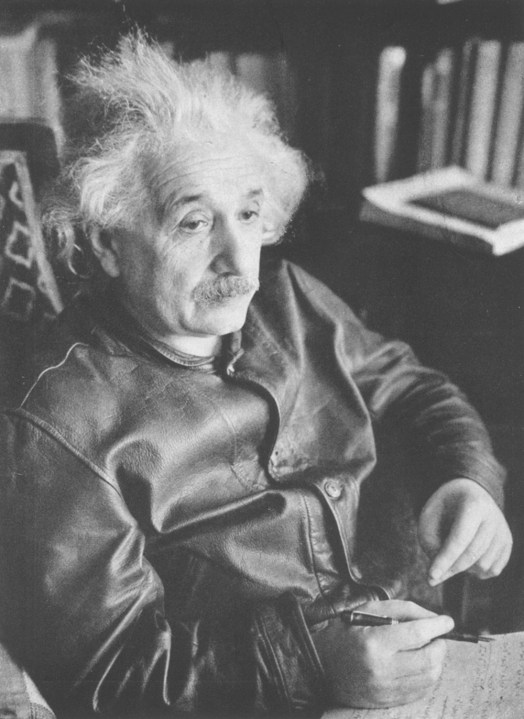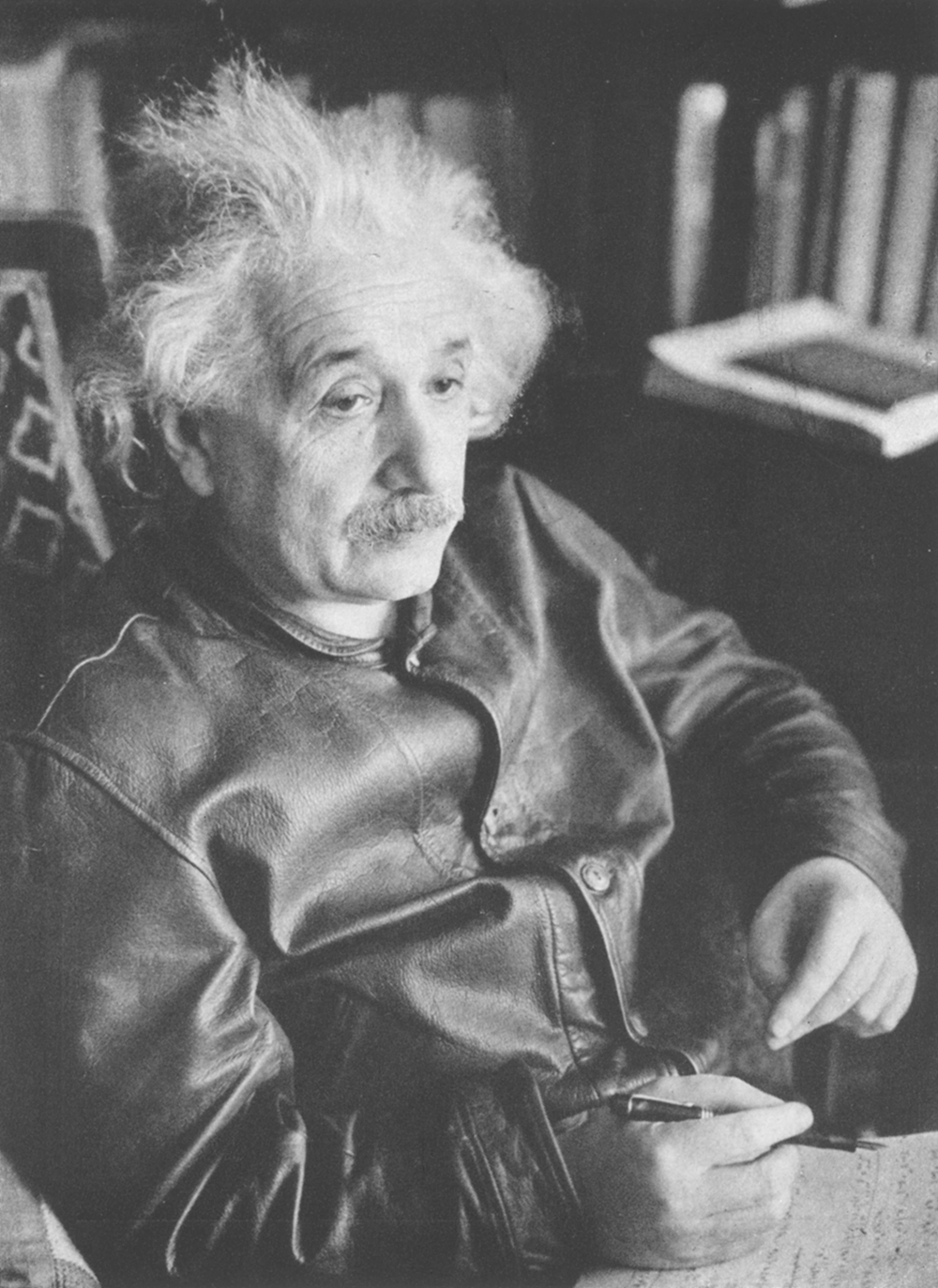
For several centuries, the word ‘celebrity’ meant fame. A couple of hundred years ago, it acquired a secondary meaning of a person overendowed with that quality, and this has now largely driven out the previous usage. In parallel, the same journey has been travelled by ‘genius’. Once an essence that attached to works or deeds, it now also refers to people – celebrities of accomplishment, no field too trivial. Helen Lewis teases out the consequences of this shift and makes a modest plea for its reversal.
People hailed as geniuses find their words on any subject magically carrying extra weight
Her indictment of the genius myth – the idea that a small cadre of special people are fundamentally more gifted than their peers – is that it is not only corrosive and unhelpful, but also inaccurate. Genius, she argues, is fundamentally immeasurable; it is better understood as residing not in individuals but in teams or milieux. It is used to license terrible behaviour in those awarded the title; it appears inevitable in retrospect but in prospect is highly contingent; it is a temptation to ultracrepidarianism. Above all, genius is a misleading schema – a seductive, ready-made, familiar pattern we can use to make sense of the world.
Lewis takes a long journey through the history of IQ testing – from Francis Galton’s eugenicist championing of hereditary genius, to Louis Terman’s longitudinal studies, to Mensa, and on to the increasingly recondite and fissiparous world of ultra-high IQ societies. IQ exists in a curious apposition to genius, as, arguably, a necessary-but-not-sufficient component – but one that is more easily measurable. This history is littered with fraud, including Cyril Burt’s suspiciously perfect, probably invented data and Hans Eysenck’s questionable studies.
Some of Lewis’s criticisms of the industry are inarguable. The widely used tests have cultural biases baked into their terminology – ‘savages’ in a questionnaire that dates back only as far as 1993 – and patriarchal assumptions underlying questions that depend on identifying surnames or habits of dress. But she also complains that ‘the test selects heavily for speed’, even though on the face of it this feels entirely reasonable. Her real complaint is that high general intelligence is used as if it were interchangeable with genius – but delivering acts of genius also takes application and patience.
In the second half of the book, Lewis dives deeper into the genius schema and the ways in which it is often used to explain or to excuse behaviour ranging from poor to criminal. Tolstoy, for example, exploited his wife Sofia; Lee Krasner struggled to escape the shadow of Jackson Pollock; Gertude Stein ‘stole her partner’s voice’ in The Autobiography of Alice B. Toklas and used it to praise herself. ‘When you admire an artwork or a scientific invention,’ Lewis asks, ‘what duty do you owe to those harmed in its production?’ She does not quite stay for an answer, though a chapter on the avant-garde theatre director and serial abuser Chris Goode, and the mental contortions employed by his collaborators to ignore the people harmed in his productions – and then, after his suicide, occlude the historical record – sharpens that question.
People who are hailed as geniuses find that their words on any subject, however unrelated, somehow magically carry extra weight. At a trivial level, this is why social media is full of greetings-card sentiments misattributed to Einstein or Gandhi or Abraham Lincoln. Lewis identifies a few special cases of this. There is the seemingly irresistible pull towards race science among the high-IQ. There is the lure to the overconfident of posing as a rebel disrupting consensus paradigms (as during Covid, passim), which is only intensified by the fact that sometimes these rebels are correct. And there is the read-across from qualification in one field to other unconnected ones. Lewis makes no mention of Jordan Peterson, but she does of Elon Musk, whose achievements are duly acknowledged even as his idiosyncrasies are mocked.
Unhappy the land that has need of geniuses, as Brecht might have said. But lands that do not wish to stagnate do genuinely have need of genius – at least, of the instances of scientific and technological genius that lead to growth. So finding the best path to steer is important. A lot of the problems become clearer if we compare ‘genius’ with its lower wattage cousin ‘talent’. No one would claim that talent does not exist, or deny that different people have different talents. You can test pretty reliably for talent. Equally, talent is very clearly domain-specific and non-fungible. Being a talented newspaper columnist, for example, does not make you a talented fighter pilot. The contributions of others to creating contexts where talent can flourish are obvious and uncontested. Talent offers no immunity. Organisations, and indeed nations, if they want to be successful, will have strategies for recruiting and developing and retaining the specific talent they need, whereas a ‘genius strategy’ would be nonsensical (except for ‘key man risk’). If we thought more about talent, perhaps we could benefit from genius without having to pay obeisance to geniuses.








Comments